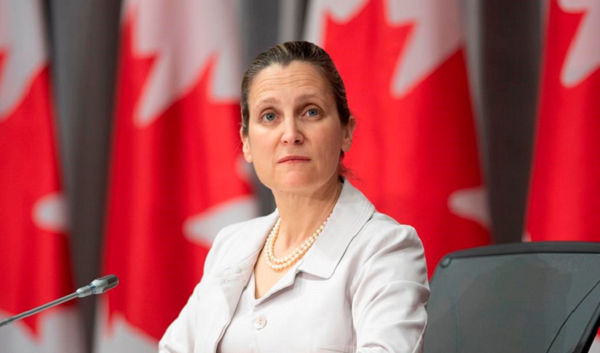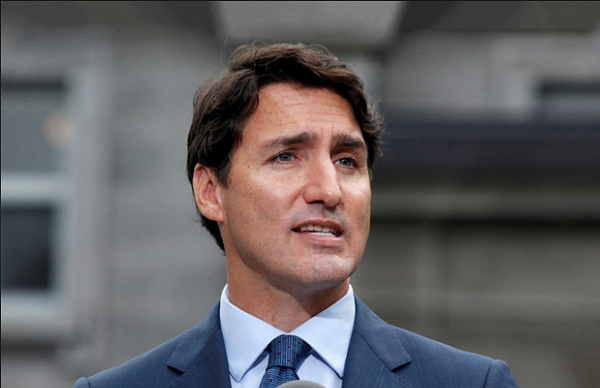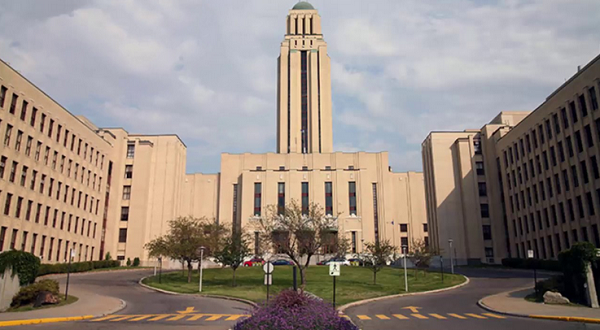Ottawa plans to introduce motion on capital-gains tax hike next week
The minority Liberals are expected to release details of their changes to the capital-gains tax, aimed at adding $19.4-billion to the federal purse over five years, through a motion in the House of Commons that will be tabled next week, according to a source with direct knowledge of the plans.
The motion is expected to include certainty on who will be covered by the tax changes, the source said. The government’s proposal, first outlined in the April budget, has particularly drawn the ire of doctors and tech entrepreneurs.
The motion will be detailed, the source said, adding it is expected that by tabling the motion this week, the tax change will still take effect on June 25, even though the legislation is not yet ready. A vote in the House is also expected next week.
The Globe and Mail is not identifying the source because they were not permitted to disclose the plans, which are not yet public.
Finance Minister Chrystia Freeland had previously said the government would “begin the legislative process” to implement the tax change before the House rises for the summer break.
A capital gain is the profit an individual or a business makes when they sell assets, such as stocks or investment properties.
As it stands, only half of all capital gains are subject to taxation. The budget proposes increasing the inclusion rate to two-thirds for capital gains earned by corporations and trusts. The higher inclusion rate would also apply to capital gains of more than $250,000 a year earned by individuals.
The source said the legislation for the tax hike is only expected in the fall because of the time it is taking to work through the technical details of the changes. The source said the capital-gains changes were included in the budget late in the process.
Parliamentary rules allow the government to present tax changes through a ways and means motion, which is a precursor to a government bill. The rules say that the motion sets out the terms and conditions of the proposed measures, most notably the rates and incidence of taxation.
The proposed tax increase would cover the costs of some of the new programs that the government announced in the April 16 budget, although it is still running a large deficit. The Liberals have also used the change to try and create a political wedge and force a fight with the Conservatives. The Liberals have positioned the changes as a tax on the wealthiest Canadians.
According to numbers in the budget, around 40,000 individuals – only 0.13 per cent of taxpayers – are expected to make more than $250,000 in capital gains next year. The implication is that the higher inclusion rate won’t affect personal income taxes for the other 99.87 per cent.
But by only looking at one year, the budget undercounts the number of people who may receive more than $250,000 in capital gains on a one-time basis. This could happen, for example, if someone sells a cottage or investment property, which is not exempt from capital-gains taxation the same way primary residences are.
The changes could also affect professionals, including doctors and lawyers, who operate their practices through professional corporations, and use tax strategies that turn normal income into capital gains. And it will affect tech entrepreneurs and venture capitalists, who earn most of their money founding and selling businesses.
In the weeks after the budget was released, the Council of Canadian Innovators collected nearly 2,000 signatures from entrepreneurs and VC funders opposed to the change. The Canadian Medical Association also came out against the change, with a dire warning that it could force doctors out of the profession.
The doctors’ lobby group has asked to be exempted from the changes and on Friday said that they are still in talks with Ottawa.
The Conservatives have not yet said how they will vote on the tax hike and said that they can’t take a position until seeing the details.
New Democrats have supported the policy change in principle but House Leader Peter Julian said the party also still needs to see the final details.
This article was first reported by The Globe and Mail












